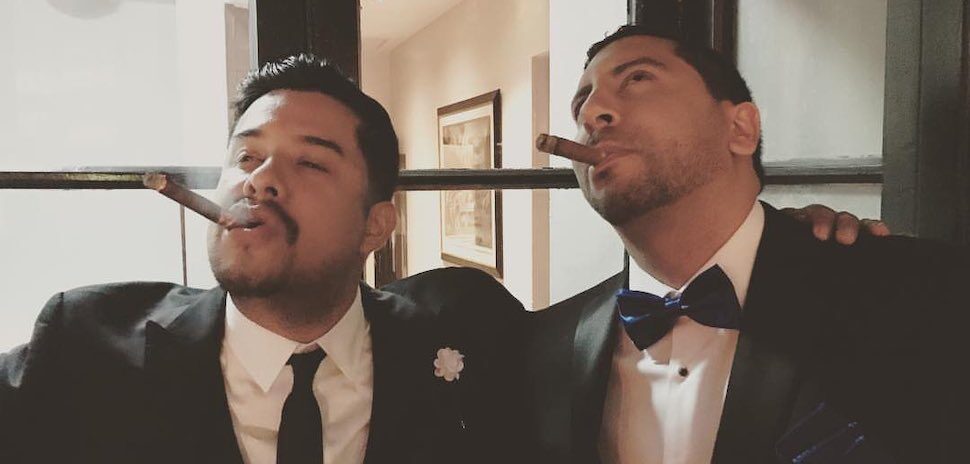Esports already is a major industry in North Texas with professional competitive gaming teams, numerous esports events, and even a stadium dedicated to it. The possibility of UIL sanctioning might make DFW even more of an esports hub.
The University Interscholastic League of Texas accepted a request to study a proposal that could make esports a UIL-sanctioned activity. The UIL is the governing body that sanctions high school sports and academic competitions in Texas, which means its sanctioning of esports would affect the entire Lone Star State.
At the UIL’s legislative council meeting last month, the most time reportedly was spent discussing esports, according to The Dallas Morning News. Competitive gaming is an activity that the UIL has not tackled before, therefore many questions were raised during the UIL’s preliminary discussion. Concerns included whether esports should be considered as part of the UIL’s sports or academics division and how its rules should be structured.
The UIL’s consideration of competitive gaming shouldn’t come as a surprise considering that the esports industry is expected to reach 276 million people by 2022—comparable to the NFL’s current size, according to a Goldman Sachs study.
“With the growth of the esports industry, there are many areas of opportunities for students outside of gameplay.”
Kyle Berger
Some schools already are ahead of the curve such as Grapevine-Colleyville ISD, which offers esports at a club level in both of its high schools. GCISD currently has 75 official esports members and expects to have 250 total next year, according to Kyle Berger, GCISD’s chief technology officer.
“With the growth of the esports industry, there are many areas of opportunities for students outside of gameplay,” Berger told Dallas Innovates.
Texas schools currently do not have to follow the regulations that UIL sports and academics require, such as maintaining certain grade levels and receiving discipline for poor sportsmanship. Despite the lack of guidelines, GCISD already requires its esports members to follow UIL policies and plans to consider transitioning its club level teams into the UIL if the proposal is accepted.
There are some issues that even professional esports teams have yet to fully address such as mental and physical health, according to Cam Kelly, Complexity’s chief marketing officer. These are problems that the Dallas-based esports organization currently is addressing with its members, but could be fixed even earlier if gamers were given esports training at an early age.
UIL sanctioning esports could help push gaming forward
Teaching young players about healthy habits such as maintaining preventative stretching and healthy sleep schedules could have long-term effects for the better—training for which a UIL sanction could help push.
“I think it’s increasingly important to build better habits for people who are passionate about gaming and competitive gaming at younger and younger ages,” Kelly said.
If esports is sanctioned by the UIL, it would make competitive gaming teams eligible to receive funding from their schools. More than that, it might have positive benefits on a child’s overall education.
“I think what gaming does is you can have gaming-specific courses that lead to long-term education opportunities. For example, coding and STEAM in general, which I think gaming has much more natural ties to that and a much more gamified and unique way to reach kids where they kind of already are,” Kelly said.
With North Texas universities such as the University of Texas at Dallas and Texas Wesleyan University already hosting competitive gaming teams, the possibility of the UIL sanctioning esports could give high school students more opportunities for earning college scholarships through competitive gaming.
Corey Clark, Ph.D., chief technology officer at BALANCED Media | Technology and deputy director of research at Southern Methodist University’s Guildhall, has years of experience researching video games and associated technology. He believes that the UIL sanctioning esports would help foster the next generation of players.
“Having sanctioned UIL competitive gaming will help create more opportunities for those students through college scholarships as well as pathways to become professional esports players,” Clark said. “The sooner high school and collegiate leagues become more formalized, the sooner more opportunities will arise for those who are already engaged in this area.”
UIL will look at how other states handle esports
The UIL’s policy committee is expected to speak with teachers and officials involved with school-specific esports clubs across Texas as well as examine other states that already have esports sponsorships in place, UIL Deputy Director Jamey Harrison told the Morning News.
Although the possibility of esports becoming a UIL-sanctioned activity sounds exciting, it may be a couple of years or more until we see it come to fruition. No matter when it happens, the North Texas esports community is ready to welcome it with open arms.
![]()
Get on the list.
Dallas Innovates, every day.
Sign up to keep your eye on what’s new and next in Dallas-Fort Worth, every day.





























